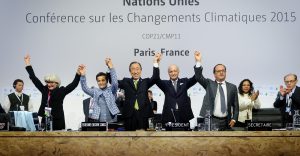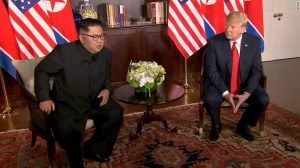
The Summit has come and gone. What was agreed to? It will be anyone’s guess as the media now will try and chase down the detail. Lord knows, we will be unable to rely on the President. What we are left with is Trump’s own magnified sense of what he can negotiate. As Dan Balz of the Washington Post wrote:
The president is counting on his personal skills to convince Kim that abandoning North Korea’s nuclear weapons program, and the security it provides him, is in his country’s and the world’s best interests. That will require hard bargaining in the future. But the joint communique signed by the two leaders offered scant concrete evidence to back up the North Korean leader’s pledge to “complete denuclearization.
So, we are likely to witness an almost endless cycle of media efforts to determine what was agreed to by the DPRK and the U.S. So, enervating! And meanwhile as Balz makes clear we will wilt under the impetuosity of an ill-disciplined President.
To reach the goals Trump has outlined will require discipline and commitment that has not been part of the president’s foreign-policy tool kit. And he must resist the kind of impetuousness he displayed on his way to Singapore when he abruptly withdrew U.S. support for a joint communique negotiated with other nations at the Group of Seven meeting in Canada. His pique at Canadian Prime Minister Justin Trudeau’s post-meeting news conference created a rupture in relations with America’s closest allies.
Image Credit: cnn.com


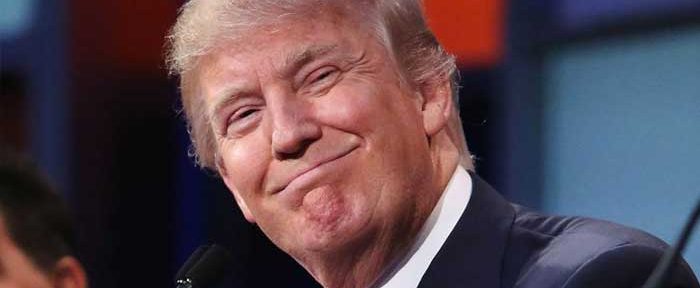

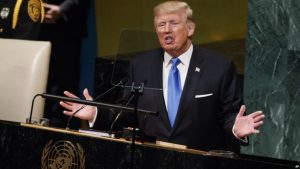

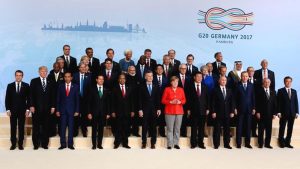 So, I was struck almost immediately by the headline in the
So, I was struck almost immediately by the headline in the 

